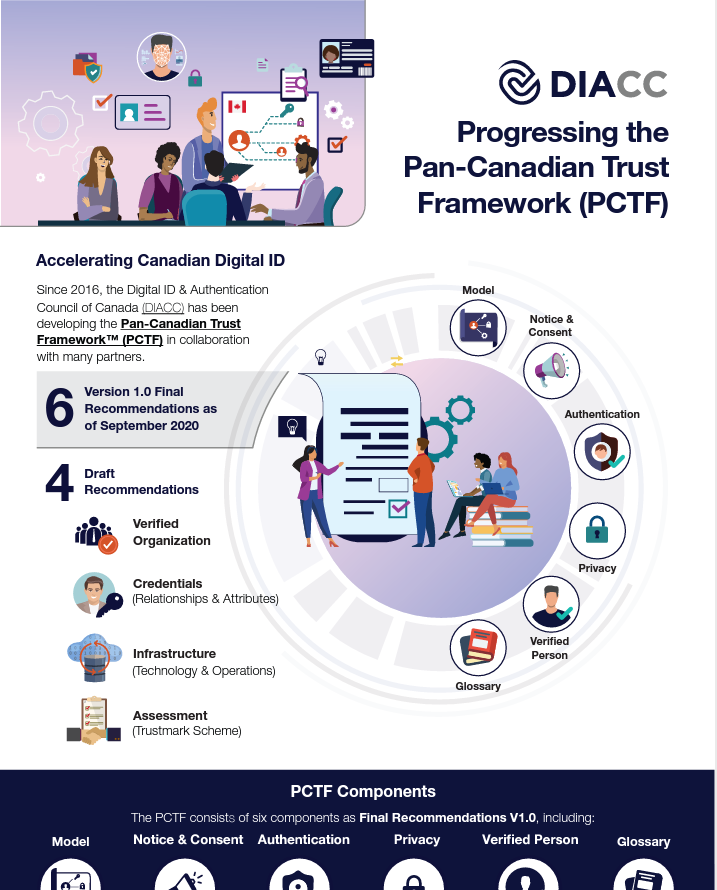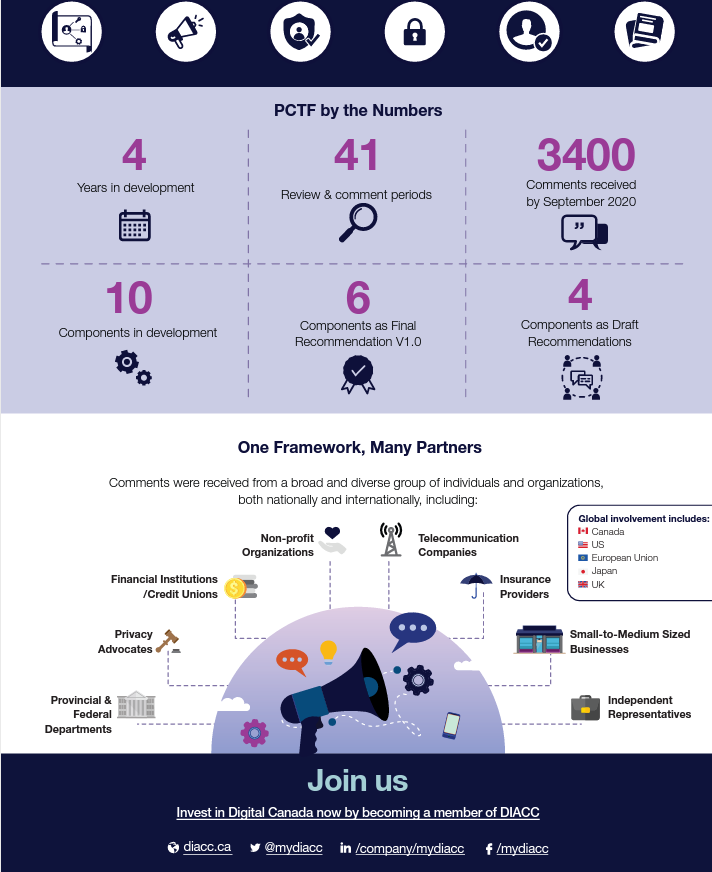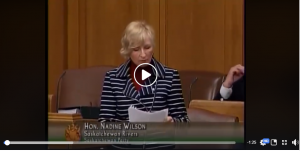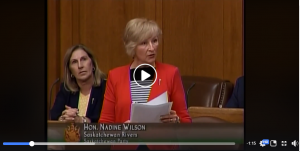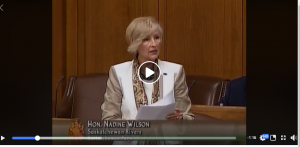Besides the topic of vaccine injuries, two others are emerging as issues of grave concern to the people of Saskatchewan.
The first is Bill 70 which is scheduled for second reading in the house on Monday March 7, 2022. This is a bill that is being rushed through with the intention to make sweeping changes to the existing security at the Legislative Building.
The opposition was only made aware of the bill on Nov. 15, 2021 and were not able to actually read Bill 70 until it was introduced in the house for first reading on November 23, 2021.
This bill will remove the neutrality of the existing security in the house and instead, put it under the purview of the Ministry of Corrections, Policing and Public Safety.
Minister Christine Tell was asked multiple times in the house why there was a need to change the system of security from independent to government controlled. (This potentially removes the ability of citizens to conduct peaceful protest on the grounds of the legislature at the government’s whim.)
Minister Tell could not or would not, provide a reason, saying only, “that we all find ourselves living in an ever-changing world.”
In other words, why the government is moving to a partisan security model is a secret that the public cannot be trusted with.
The second topic at issue is growing public awareness of the push towards mass Digital Identification of people.
Unbeknownst to almost everyone, while we were dealing with the pandemic, Saskatchewan has been participating in the DIACC, the Digital ID & Authentication Council of Canada. The Province of Saskatchewan has been a member since at least March of 2020.
Since 2016, the DIACC has been developing the Pan-Canadian Trust Framework (PCTF) in collaboration with many partners including other G7 countries. The PCTF Voila Verified Trustmark Program was set to launch in 2021, and claims,
“The PCTF will make it easier for Canadian citizens and businesses to interact with governments, businesses, and other organizations with a high degree of confidence. Canadians should have basic access to services such as
- Health Records
- Applying for a student loan
- Launching a business
- Qualifying for disability
In fact, the PCTF, claims we will benefit from “Repeatability, consistent and continuous identification processes”. The way in which it proposes to do this include:
“Creating a trusted Digital Identity for a Person:
The processes used to establish and maintain a digital record for a Verified Person (also referred to as a Verified Person Record) in order to uniquely distinguish them from other Persons. There are many techniques that can be used to verify a Person is a “real, unique, and identifiable human being”. For example, a system could:
• Require the presentation of official documents (e.g., driver’s license) and confirm that the user is the same Person.
• Require the provision of sufficient biometric data that allows the Person to be distinguished uniquely from the rest of the population.
• Capture a digital identity from the Person’s device and use behavioural data (e.g., typing speed, touch-screen pressure, walking gait as measured by a mobile device’s accelerometers) to determine that device is in that Person’s possession.”
On the DIACC website, the timeline seems to indicate implementation in 2022, although it may be fluid. On our government website, www.saskatchewan.ca, I have not been able to find any reference to DIACC or Saskatchewan’s membership in it.
People have understandably connected the two issues. Some have asked, “Is the reason why the government needs its own police force for the legislature because it expects pushback from citizens on implementing Digital ID? What is the motive? Why is it necessary?”
My question to the government is, when and why did Saskatchewan sign on to DIACC? What public consultation was there, if any? What is our commitment to this program?
But the most important question is, will the people of this province be heard if they tell their elected officials they do not want to be a part of it? Or will they once again be forced to comply through a coercive mandate?
http://docs.legassembly.sk.ca/legdocs/Bills/29L2S/Bill29-70.pdf
https://diacc.ca/2020/03/18/spotlight-on-the-government-of-saskatchewan/
https://diacc.ca/trust-framework/
https://diacc.ca/wp-content/uploads/2020/09/Voila-Verified-Backgrounder_Sept-2020.pdf
Canadian Bankers Association Promotes Digital IDs – VIDEO
#BrokenTrust #CoerciveMandates
